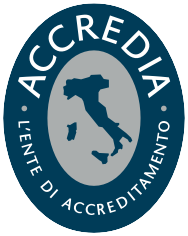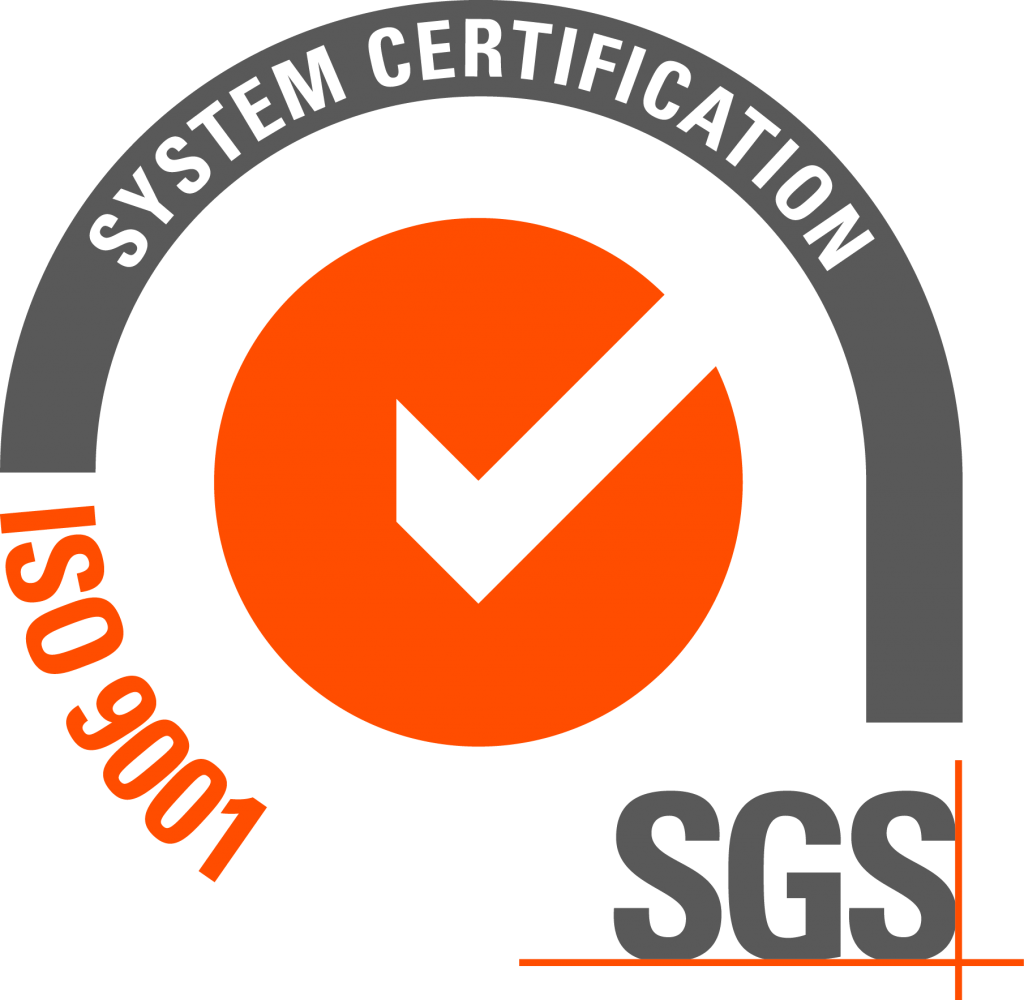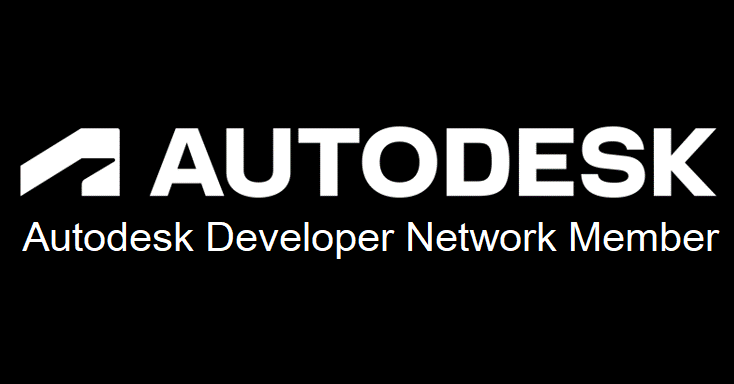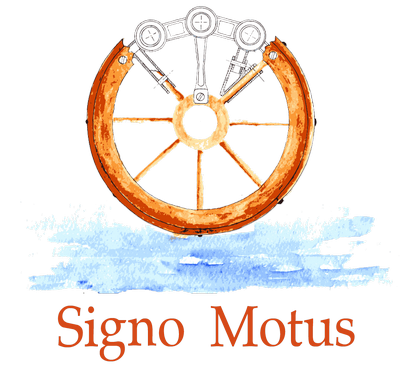
DI-ASD
DI-ASD: System to support clinical practice for the evaluation and monitoring of Autism Spectrum Disorders in the diagnostic phase
(July 2015 / December 2018)
- Programme: POR FESR Toscana 2014-2020
- Coordinator: Orthokey srl
- Consortium: 5 partners (IT)
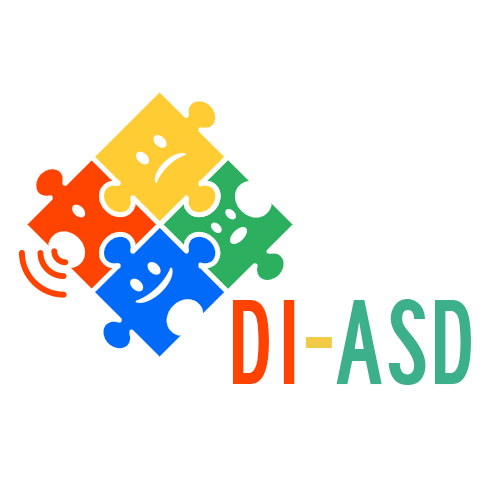
Abstract
Autism Spectrum Disorders (ASD) are early-onset neurodevelopmental disorders (DSM-5) that impair social-communicative, motor and behavioral skills.
The prevalence values detected for this syndrome are constantly increasing and vary between 1/68 in the USA and 1/150 in Europe. A correct and timely diagnosis is considered
fundamental for adequate rehabilitation management which is usually formulated between 18 and 48 months of life [CDC, 2014]. Technology plays an increasingly important role
crucial to support ASD diagnostic evaluation processes, as it is capable of promoting an objective and in-depth analysis of behavioral parameters
involved [INSAR2013-Technology may have an advantage in allowing adjustments to be made within a single evaluation tool to make it appropriate to the user's developmental
level, language and age]. Research has increasingly been oriented towards the development of algorithms capable of extracting objective parameters (visual attention, body symmetries,
posture and gait, vocalizations, facial expressions) functional to a more accurate diagnosis and individualization of treatment. They are currently not present on
international market integrated systems capable of combining these algorithms and allowing personalized data configuration. The aim of the project is therefore
development of an integrated system intended for the semi-automatic analysis of some social and non-social functions, atypical in ASD children. The prototype will allow (semi) automatic analysis
of facial expressions, body symmetries and vocal productions, in a context of semi-structured observation of the child's interaction with the adult and with the environment
surrounding area based on the ADOS-2 diagnostic scale.
This analysis will support the clinician in the diagnosis and identification of behavioral parameters useful for the recognition of individual profiles and capable of providing
indications for the individualization of rehabilitation treatment. This system - whose development is based on technological solutions already in possession of the Consortium, such as
Dante platform, used as part of the FP7 Michelangelo project - can be set as a reference with respect to the current state of the art, expanding the potential market
beyond national and European borders. The project will have a double impact: for the participating companies, in order to place a product of interest on international markets
ever growing and still not commercially available; for clinicians as they will have a customizable system at their disposal, capable of providing supporting parameters
to the diagnosis.
The project has a high scientific-technological impact: the UniFI Information Engineering Department will provide its innovative research skills in vocal analysis and motor skills while the Fondazione Stella Maris, international reference site for ASD diagnosis and therapy, will contribute to the field validation of the system.

